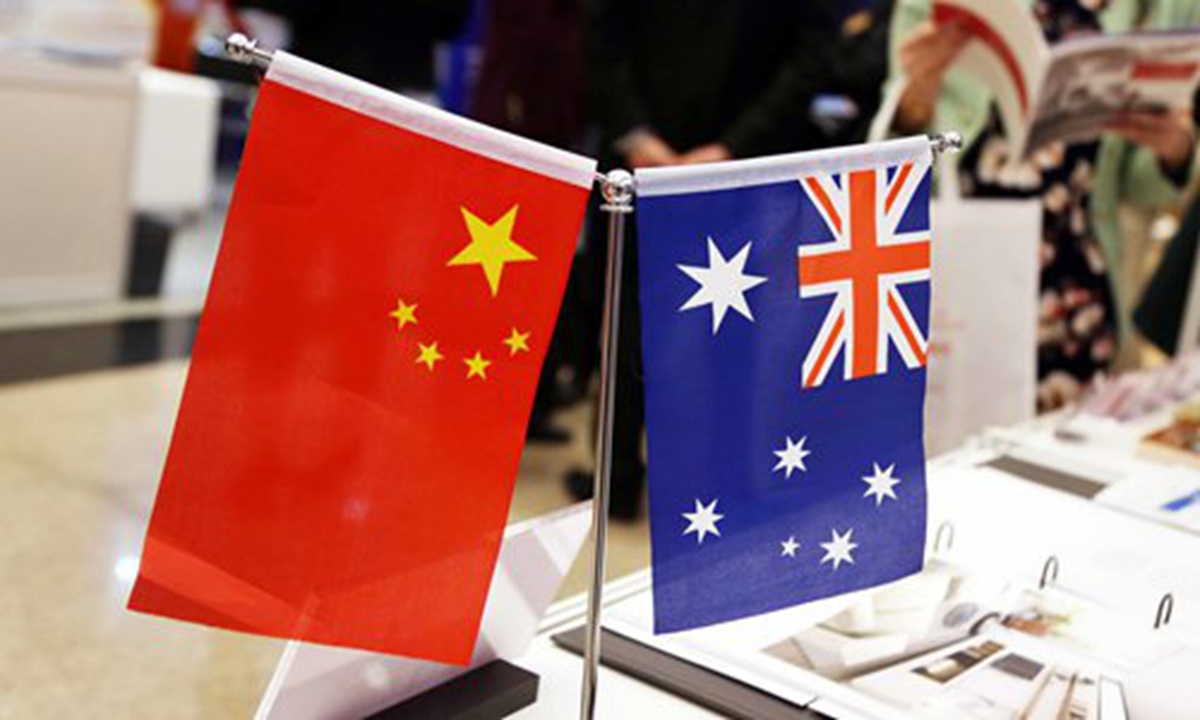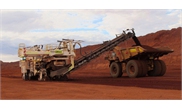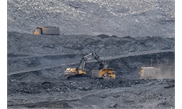
File photo
Impacts of the downward spiral of China-Australia relations on Australian exports are striking in both scope and severity. As the most important part of China-Australia trade, iron ore may be less vulnerable to political shocks compared to other products, but it is not completely immune.Australian winemakers took a further hit on Thursday when China's Ministry of Commerce announced to impose temporary anti-subsidy duties on wine imported from Australia starting from Friday. The move came in just two weeks after the imposition of anti-dumping tariffs on Australian wine.
On Wednesday, some Australian media outlets suggested lamb may be the latest product blocked by China, with two lamb exporters being barred from the Chinese market. On Monday, China reportedly banned a sixth Australian beef exporter.
There has been intense coverage addressing deteriorating ties between China and Australia and falling bilateral trade, with a growing list of Australian products - ranging from barley, to timber, lobster and beef - facing the so-called "sanctions" from China.
Under such circumstances, whether the iron ore will also be affected by political hostility has become a focus of market observers. There is no denying that iron ore remains the commodity that China needs to buy in bulk from countries like Australia and Brazil. In 2019, China imported 1.04 billion tons of iron ore, including 660 million tons from Australia. During the first 10 months of this year, Australian iron ore accounted for 62 percent of all imports to China. And with the sustained economic recovery from the epidemic, China's demand for iron ore is expected to stay brisk.
It is wishful thinking that iron ore could be an exception in ongoing China-Australia trade rows. The recent surge in iron ore more or less underscores the impact of China-Australia tensions. On Thursday, the most actively traded iron ore futures on the Dalian Commodity Exchange, for May delivery closed up 6.76 percent at 971 yuan ($148), soaring nearly 50 percent from the levels at the beginning of this year.
While there are multiple factors behind the rapid rise of iron ore prices, such as the bullish demand for steel products, market anxiety over potential disruption of China-Australia tensions to iron ore trade have clearly paid a part. It should be noted that such a sharp price increase is not normal, given that China's crude steel output is expected to grow by 10 percent this year and there is no big change to global iron ore supplies.
In fact, the soaring iron ore prices have already caught the attention of industry players. An official from the China Iron and Steel Association recently said the price surge of iron ore, deviating from the fundamentals of supply and demand, has further increased the operational risks for the industry which is detrimental to the stability of industrial supply chains.
If iron ore prices continue to soar, resulting in turmoil in the industry, more calls for regulatory interventions should be expected. If a price surge really disrupts the industry and market, then the government holds responsibility for maintaining price stability. Heightened tensions between China and Australia, any move aiming at stabilizing prices could be misread or politicized by rabid Australian officials, further damaging bilateral relations. The difficulties faced by bilateral relations stem from Canberra's reckless approach to dealing with China. The burden rests with Australia to reflect on its mistakes and take corrective efforts.


